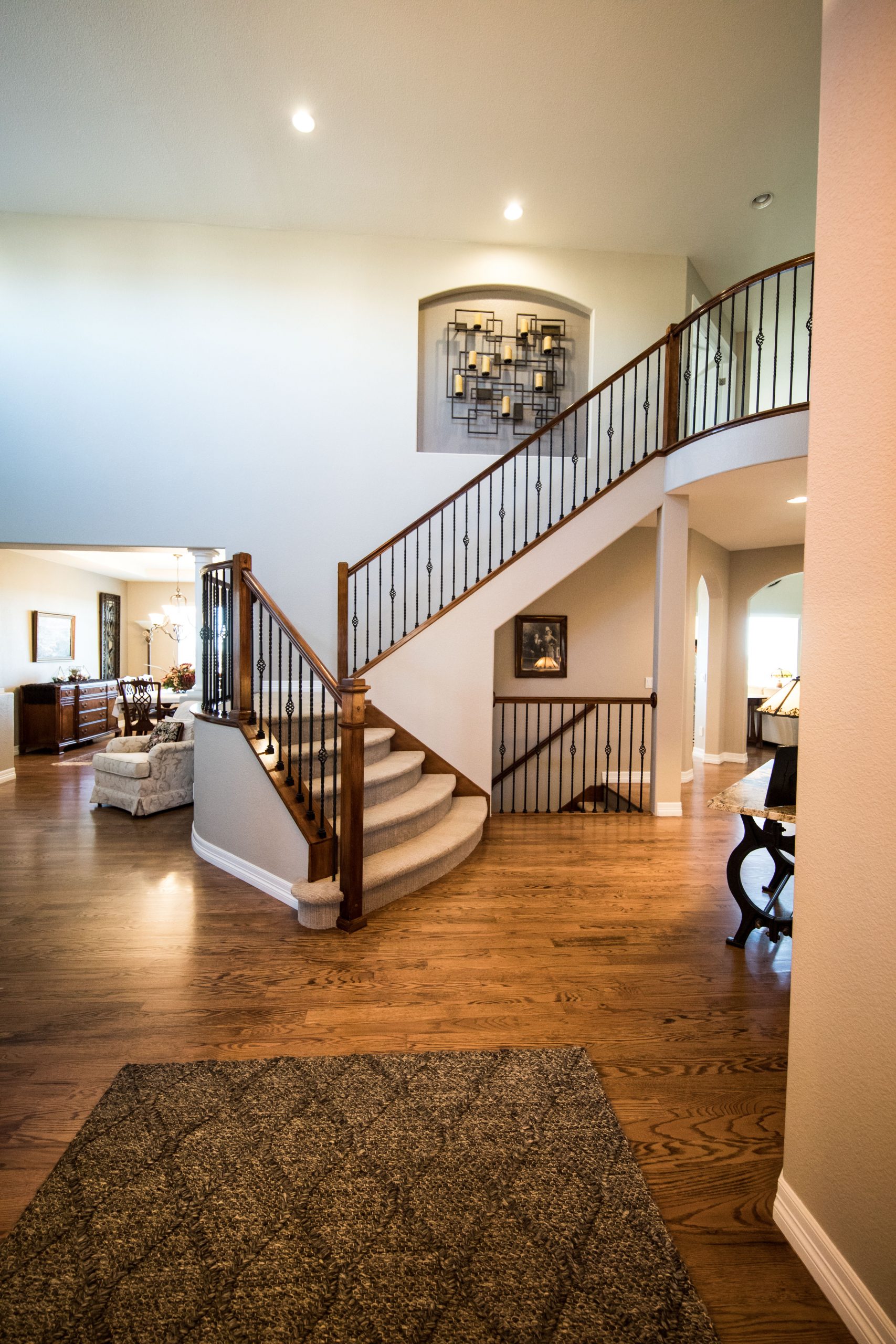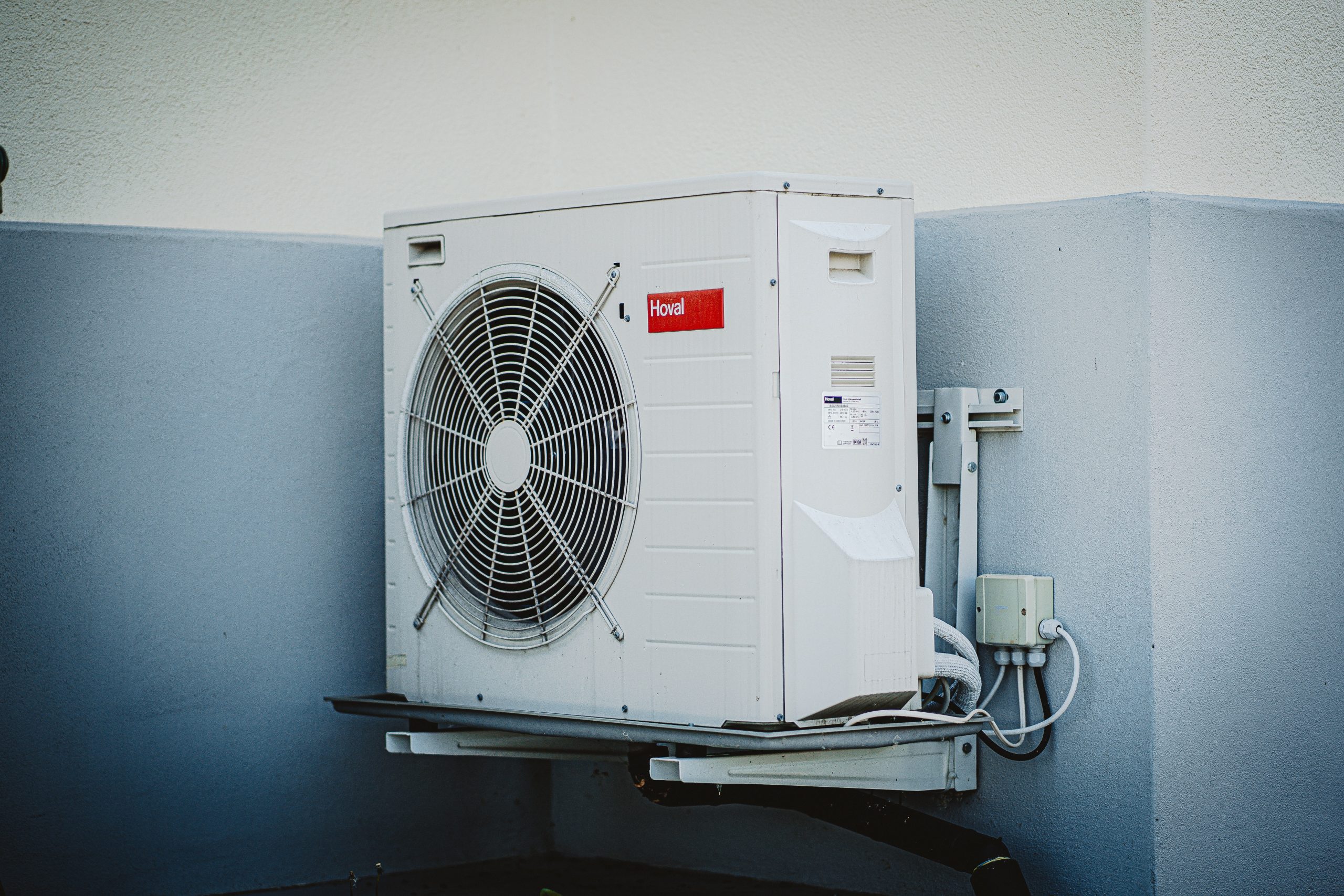IS IT TIME TO DOWNSIZE?
Team Petty the Mother & Son Real Estate Team
(626) 233 0239 Yvonne. (626) 261 2353 Daniel. DRE# 01902154/01152769

After decades of collecting your life’s most cherished memories, it can be difficult to imagine leaving the home you’ve adored. But on the days you spend cleaning vacant bedrooms and pushing yourself to make it up the stairs, you may come to the conclusion that a change is needed. Downsizing from the home you’ve grown to love can be incredibly challenging. After all, it’s a place you’ve spent years making memories in and hosting unforgettable holidays with your loved ones.
Deciding whether it is time to downsize your home is a major decision. There are many factors to consider to determine if this makes sense for your lifestyle and wellbeing. Take into account your current family needs, retirement plans and monthly cash flow. Consider the following questions to determine whether downsizing is the road you want to go down:
- Are you constantly hosting gatherings? Think twice about downsizing if you have a passion for hosting holiday parties for family and friends. Your new space may not accommodate a gathering of equal size.
- Do you feel a sense of isolation? Having large amounts of property just for yourself can become lonesome. Transitioning to a senior living community can provide more social interactions through daily events and activities.
- Are there spare rooms throughout your home? Unused rooms in your home create unnecessary upkeep responsibilities. Consider downsizing your home to cut down on the time you spend cleaning unutilized areas.
- Do you despise lawn maintenance and garden care? If you have no interest in botany and don’t have the energy for constant lawn maintenance, downsizing could relieve you of those responsibilities.
- Can you afford to stay in your home for the next 5-10 years? If you’re struggling to keep up with your mortgage payments, downsizing to a more affordable home can relieve that financial burden.
Ways to Keep Your House Safe While you are Away on Vacation
San Gabriel Valley Business Association
As we are approaching Summer, many of us are thinking about traveling as many countries are opening up for travelers. Here are a couple of items you might want to pay attention before you leave:
1. Set up a camera at the front and the back of the house. It doesn’t have to be an expensive system, but one should have remote access and notification with motion detector. The lighted up motion detector is a big deterrent to intruders as the light tells them that notification has been triggered and their time in the house will be limited before police comes. The cameras also can let you see your house thousand miles away as long as you have WIFI.
2. Set up timers for the lights around the house, especially those visible from the street.
3. Ask your relative/friends/neighbors to pick up your mail. Notify your post office to hold the mail might not be the best in letting strangers know that you will not be home.
4. Lock all the bedroom doors from inside (most can be opened by keys or a screwdriver). The intruder can eventually open the doors, but it will waste their time in getting to your items.
5. If you have big sliding windows, you can do some research on the protective film to avoid the glass breaking into pieces. The glass will shatter but will not fall down for the intruders to get inside. There are several kinds with the price varies greatly.
6. For valuables, like computers, jewelry, crystals, etc., you can find couple of secret places (back/side of a top closet, attic, etc.) and put the items in a safe and hide them there. If you have motion triggered alarm, the intruders know that they have around 10 minutes before police will be there, so they will not have time to look for around.
7. If you will be gone for a longer period of time, I would ask a relative or a trusted friend to come in to the house every so often.
8. Getting a bank safe is always a good option.
9. Talk to your home insurance company couple of weeks before your trip. Make sure you know what the policy will covered. You will be surprised to know that if you do not update our policy annually, the 10 year old policy might cover very little if something should happened. This is not just for theft, other items like bursting pipes, fire, etc.
AIR CONDITIONING UPDATE
The Velez Team (626) 205-0739 velezteam@pillartopost.com 
The face of air conditioning has changed completely over the last few years and it’s going to change more, from efficiency to comfort.
A/C Efficiency
The goal of air conditioning is to get as much cooling as possible for the least mount of energy input. SEER, or Seasonal Energy Efficiency Ratio, is a measure of efficiency. The higher the number, the more efficient the system. Prior to 1987 most air conditioning systems had a SEER of about 8. After ‘87 most were SEER 10. In 2006, a minimum SEER legislation kicked in requiring all new A/C systems to be at least SEER 13. Many of the top models are over SEER 17! If you are installing a new air conditioning system today, it is probably 30% to 50% more efficient than your old system.
AVOID INSTALLATION PROBLEMS
One way manufacturers are making their systems more efficient is by making the heat exchangers larger. The outdoor and indoor components are larger than before. This is no big deal for the outdoor unit but it can be a big problem for the indoor half of the system. If you are replacing your old air conditioner, you may find that the new coil won’t fit into your old air handler. You may have to replace your air handler or furnace. This is where a good installer is worth every penny. There may be workarounds that a novice may not know about. If you are in this situation, make sure you ask if there is an alternative such as a minor ducting modification. Ask if there are other brands that will fit. Many installers only represent a few brands, sometimes as few as one. It is probably worth a second opinion if the installer has no suggestions.
TWO-STAGE COMPRESSORS
Modern two-stage compressors solve the capacity dilemma. What’s the capacity dilemma? If the air conditioning system is sized to operate optimally on the hottest day of the season, it’s probably oversized the rest of the time. An oversized system will cool the house very quickly. This means short on cycles. This is inefficient and it does not dehumidify the house properly. In the past, installers would err on the side of oversizing for fear of a callback on the hottest day of the season. The result is that many systems are not achieving their rated SEER and the houses are cold and clammy. If you want peak efficiency and dehumidification without the worry of a system that can’t keep up on the hottest day, there are systems that will operate at two capacities. It’s like having two air conditioning systems in one package; an undersized mode that will have very long “on” cycles and a larger capacity mode to keep you comfortable on the hottest days.
NEW MOTORS – ECM
Everyone is talking about ECM. It stands for Electronically Commutated Motor. That’s a mouthful, but what does it do? It uses much less electricity than a standard motor and the speed can be varied continuously. Let’s look at an ECM in action on the blower for your A/C system.
- Constant air flow rate: Air conditioning systems operate at maximum efficiency with a specific air flow rate across the coils. A standard air handler motor usually only has two speeds, low and high. It’s unlikely that these speeds will develop exactly the most efficient air flow rate. An ECM can lock on to an air flow rate. It will maintain this rate even if your ducting system is a little sub-par or if your filter builds up dust. The ECM adjusts its speed to respond to these variables.
- Control humidity: With the help of a humidistat, the system can respond to high humidity in the home by slowing the blower motor for a few minutes. The humid air gets a longer “dwell time” on the coils, sucking out more moisture.
- Soft ramp: The ECM can be instructed to start slowly and ramp up to full speed over a few minutes and to ramp down at the end of the cycle. This soft ramp will maximize efficiency and dehumidification.
- Run on low: The ECM can run on a very low speed between cycles to maximize air mixing in the home and get more out of your air cleaning system (filter) all with very little electricity.
NEW REFRIGERANT
Today most A/C systems use the HCFC refrigerant called R22. This is slated for phase out and will be replaced by refrigerants that have no ozone destruction capabilities such as R410a. Systems designed for R22 will not be able to use the new refrigerant. So do you need to worry? In short – no! R22 will be available for many years. The phase out starts in 2010 when new equipment will not use R22. In 2020, R22 will be available for servicing existing equipment but no new R22 will be produced. These generous timelines are longer than the life cycle of air conditioning equipment. Don’t let air conditioning sales people scare you. As you can see, a lot has changed over the last few years and there is more to come. The one thing that has not changed is that a good A/C technician is the difference between a system that is tweaked to perfection and a system that is uncomfortable and inefficient.
California Homeowner’s Guide to Estate Planning
Rory Leisinger, Esq. | Leisinger Law LLP | (626) 331-1515 | leisingerlaw.com
 If you are like most people, your home is the highest-value asset in your estate. As a large part of your estate, you will want to make sure that your home is properly prepared to transfer to your intended heir(s) as quickly, privately, and affordably as possible.
If you are like most people, your home is the highest-value asset in your estate. As a large part of your estate, you will want to make sure that your home is properly prepared to transfer to your intended heir(s) as quickly, privately, and affordably as possible.
Planning to transfer real property after your death is different than the other assets in your estate. Real property is your home, the land you own, and anything attached to the land. Unlike other assets, such as bank accounts, insurance policies, and personal property, real property ownership is shown with a deed and is recorded in the land records for the jurisdiction.
Estate planning as a homeowner does not have to be as complicated as it seems, but it is essential that you look closely at how your property will be treated after you pass. A will alone will land your property in probate court, costing your heirs additional time and money, and it may not create the result you wish. As you begin thinking about estate planning and your home, start by locating your deed and taking a look at it with an attorney. The language that lays out how your property is titled has a huge impact on what will happen to your home after you die.
Buyer’s Guide to Understanding Title Insurance
What is a title insurance policy?
The policy of title insurance you receive when you purchase a home is an important document, but many buyers don’t understand what kind of protections the policy provides. Simply put, a policy of title insurance protects a buyer or lender against errors, omissions, or defects in the title to the property. Unlike auto or homeowners insurance which protect you against future loss, title insurance protects you against claims or losses which have been created by past events occurred prior to the time you own the property.
For a one-time charge at closing, the title company will complete an exhaustive search of the public record and, at close of escrow, it will issue an insurance policy which will safeguard against title problems which might challenge ownership of the property. There are two basic forms of title insurance:
- The lender’s policy protects the lender’s interest in the property. The amount of insurance is usually based on the loan amount
- The owner’s policy protects the buyer and is issued in the amount of the purchase price of the property.
Dowload full newsletter! The Neighborhood Connection – July 2022




 Facebook
Facebook
 X
X
 Pinterest
Pinterest
 Copy Link
Copy Link


